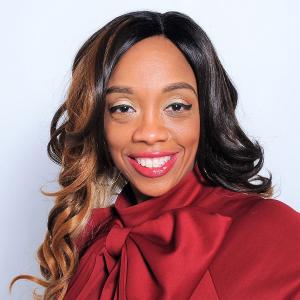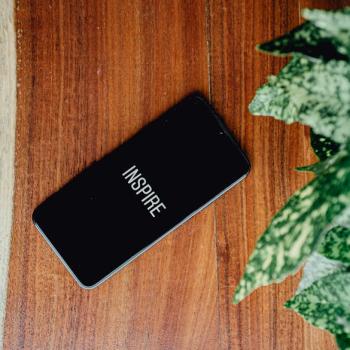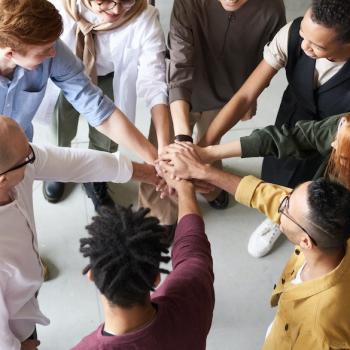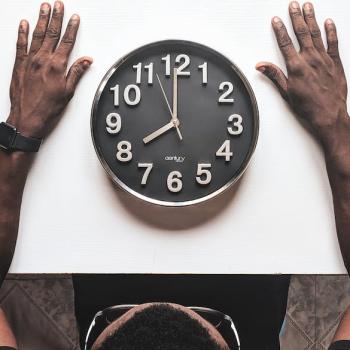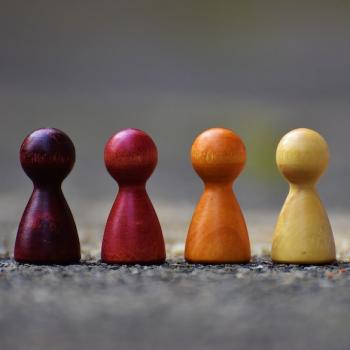“So God created humans in his image, in the image of God he created them, male and female he created them.” (Genesis 1:27 NRSV). “Then afterward I will pour out my spirit on all flesh; your sons and your daughters shall prophesy, your old men shall dream dreams, and your young men shall see visions.” (Joel 2:28 NRSV) “And he made from one man every nation of mankind to live on all the face of the earth…” (Acts 17:26 NRSV). These are just a few scriptures which show the inclusivity of God towards humanity. The activity of God moves not with seeking to differentiate or place a certain group of people in higher regard than others. Instead, the Creator of All creates a rhythm to include diversity of gender, ethnicities, and ages. If God created the world with no partiality, then why are we, as the created humanity, so biased as a people?
“So God created humans in his image, in the image of God he created them, male and female he created them.” (Genesis 1:27 NRSV)
No one would say of themselves that they have biases. No one would like to admit the “isms” that plague our society reside within themselves. The reality is most people, whether they acknowledge it or not, have some level of bias. Many may not realize it until they are put into a situation where they are confronted with it. There are a variety of bias. There is gender bias or sexism, racial bias or racism, and ageism just to name a few.

What is a Bias?
According to Psychology Today, a bias is a tendency, inclination, or prejudice toward or against something or someone. Bias is often characterized as stereotypes about people based on the group to which they belong and/or based on an immutable physical characteristic they possess such as their gender, ethnicity, or sexual orientation.
Implicit vs. Explicit
Bias can be characterized as either implicit or explicit:
- Explicit: A bias one is consciously aware of, and that one must admit to themselves and potentially others.
- Implicit: Implicit bias, also known as implicit prejudice or implicit attitude, is a negative attitude, of which one is not consciously aware, against a specific social group.
Where Does Our Biases Come From?
If we say everyone has a bias, the next question becomes where does the bias come from? What caused the bias to be a perspective from which we judge or make decisions? Biases evolve based on personal experiences, religious ideologies, or learned from our personal environments. Biases are often learned and are highly dependent on variables like a person’s socioeconomic status, race, ethnicity, educational background, etc.
Some biases can be learned based on where we reside. For example, in the South, known as the “bible belt”, we may see more biases towards those who may be in the LGBTQIA+ community. Or those who come from wealthier backgrounds may have biases towards those who live in lower income communities. Those who come from more traditional, patriarchal backgrounds may have biases towards women in positions of power. If we are not careful to become aware of the biases we may have and investigate where they come from within our own histories – individually and communally, we can be harmful to others unknowingly.
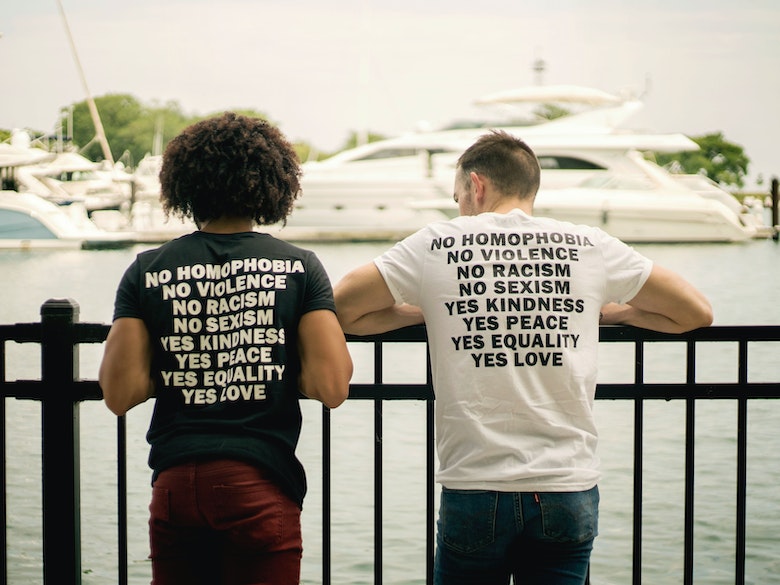
Types of Biases
In our society we are inundated with a variety of biases towards different sections of society.
Sexism or Gender Biased
According to a recent UN report, half of people globally still believe men make better political leaders than women. More than 40% of respondents believe men make better executives than women. 25% believe it is justified for a man to beat his wife. In 2023, around the globe, views are held which seek to limit the agency and advancement of women in society.
The encyclopedia Britannica defines sexism as prejudice or discrimination based on sex or gender, especially against women and girls. Sexism can be a belief that one sex is superior to or more valuable than another one. Because of sexism, around the world women are fighting for equality from equal pay to medical treatment. In October 2023, in Iceland, schools, banks and shops closed as women, including the prime minister, protested to end unequal pay and end gender-based violence. In the US, with the overturning of Roe v. Wade, women are fighting to have their voices heard, to own their healthcare decisions and rights over their own bodies.
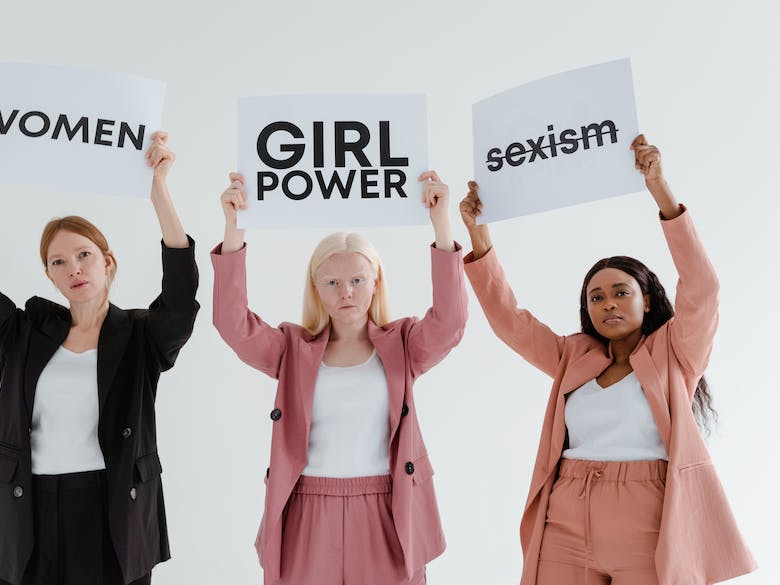
In 2022, women earned an average of 82% of what men earned. There has not been much change in the last 20 years. In 2002, the pay gap was women earned 80% as much as men. In the U.S. women who work full time, year-round are paid an average of 83.7% as much as men, which amounts to a difference of $10000 per year. Women are much more likely than men (61% vs 37%) to say a major reason for the gap is that employers treat women differently. Men are more likely than women to be a boss or a top manager where they work (28% vs 21%).
When women are excluded from the table of equal pay or equal positions, we deny the abilities which reside in them. We allow the traditional stereotypes of women being weaker or their purpose only to marry, have children and care for the home, to keep them excluded from equal opportunities in society. If we believe the biblical text stating that women, just like men, are created in the image of God, then we cannot deny the divine abilities within each gender. If we believe in the text, then we would not seek to deny a seat at the table for someone based on gender.
Racism or Racially Biased
Definitions are important to understanding what certain biases are. The National Institute of Health defines racism as one group having the power to carry out systematic discrimination through the institutional policies and practices of the society and by shaping the cultural beliefs and values that support those racist policies and practices.
The American Public Health Association defines racism as a system of structuring opportunity and assigning value based on the social interpretation of how one looks (which is what we call ‘race’) that:
- Unfairly disadvantages some individuals and communities.
- Unfairly advantages other individuals and communities.
- Saps the strength of the whole society through the waste of human resources.
Over the summer of 2020, in the US, we saw the increase in racial discrimination take center stage when the world witnessed the death of George Floyd. As protests erupted across the globe, attention was being brought to a subject many would like to avoid. A Pew Research Center survey states 53% of respondents said people not seeing racial discrimination where it really exists is the bigger problem. 88% of black adults say people overlooking discrimination is the bigger problem.
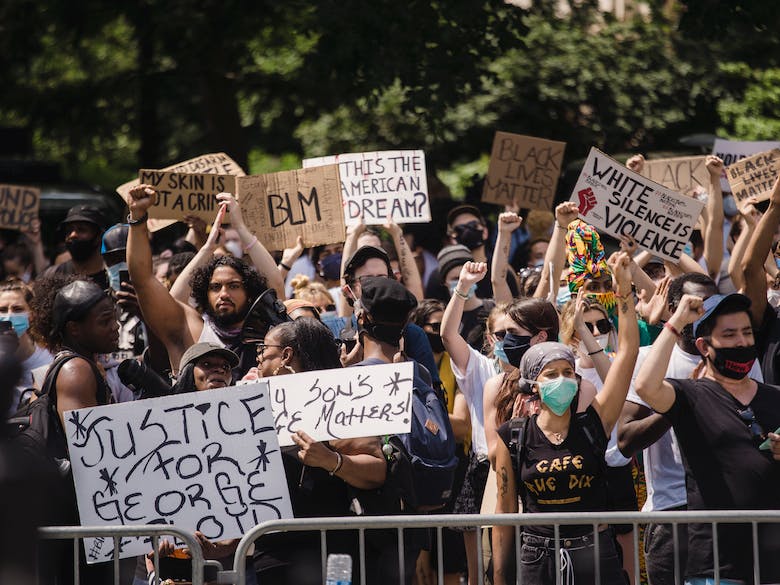
People of color face deeper scrutiny and feel less safe in communities and work environments because of the issue of racism. While some people would say racism is no longer a problem in our society, racism permeates every facet of society, including the workplace. As of 2022, only six Fortune 500 companies have black CEOs. In 2021, the overall income for Black Americans was 49% lower than for whites. Additionally, in 2021, the typical Black woman earned 63% of what the typical white man made.
What is communicated when people of color hold fewer positions and earn less pay than their white colleagues is they are not wanted and/or valued within the various organizations. To change the landscape of the work environment, people need to be hired and promoted based on talent and not based on race. Intentionality must be brought to the table to ensure a diverse workforce is in place and equitable pay is instituted regardless of race.
Ageism or Biased Based on Age
One of the growing “isms” in society is the bias based on age. According to the APA, “ageism is one of the last socially acceptable prejudices”. Ageism is defined as discrimination against older people because of negative and inaccurate stereotypes. As society continues to advance from a technological standpoint, more and more seasoned employees are finding it difficult to find or remain in positions as they age. Organizations would prefer to hire younger staff as it is assumed an older worker is a less experienced worker as it relates to technology.
According to the APA, “ageism is one of the last socially acceptable prejudices”.
According to an Axios report, one in four of America’s workers are 55 and older. Due to age, older workers are experiencing longer job searches and increased financial issues as they seek employment. More than 40% of workers over the age of 40 say they’ve experienced age discrimination at work in the last three years, according to an AARP study.
While some environments would not admit age discrimination is practiced within their organizations, it is a growing challenge. Per Zip Recruiter data, employers admit that they’re looking for younger talent. 47% say they are worried about older job seekers’ technological skills. 25% said they would pick a 30-year-old over a 60-year-old, even if both had equitable skills. The premise being, the younger worker is more likely to learn faster, be more technologically astute and be more agreeable within the work environment.
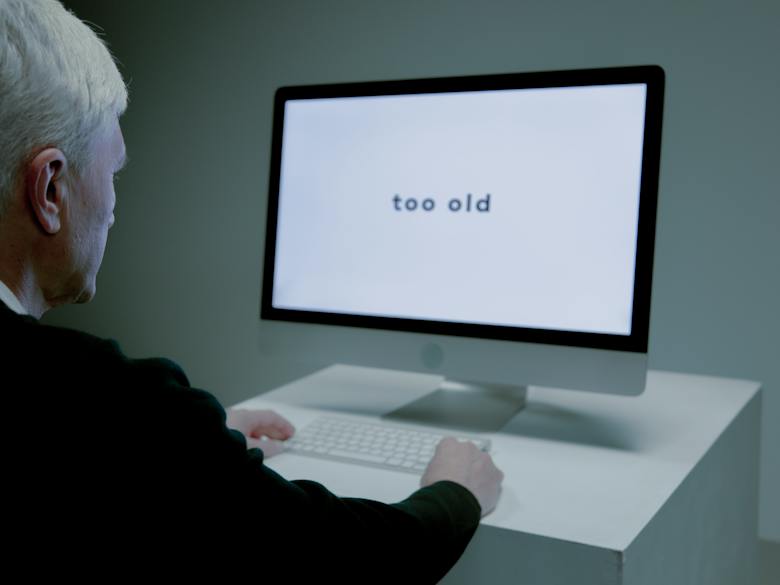
When organizations intentionally seek to drive out experienced workers or not hire those who may be older, they are leaving themselves vulnerable to creating a workplace void of experience. Those who may be older come with a wealth of, not only hard skills but soft skills, which may not yet be matured in a younger workforce. Additionally, the potential exists to miss out on workers who are seeking to settle into a career versus those who are seeking the next opportunity and may only stay temporarily while waiting on said opportunity. There is value to what those who are overlooked and left out bring to the present work environment.
Facing the Facts
Whether it is gender, age, race or sexual orientation, biases are an action of discrimination or prejudice based on a mindset. It is a behavior which seeks to marginalize and ostracize persons based on a limited understanding of the other. It is an othering of people rather than welcoming them into community.
When we choose to act on our biases, we must ask ourselves, whose rights are we infringing upon based on our preconceived notions? If we claim to be people of faith, then biases cannot lead us to following one of the foundational principles of our faith. Mark 12:31 says “The second is this, ‘You shall love your neighbor as yourself’”. We must see everyone as our neighbor and then choose to love them as we would ourselves. Loving neighbor as we love ourselves means wanting the best for them so they can live the best life possible. Loving neighbor as ourselves means seeing and loving others as equals to us, not inferior to us.
“The most important one,” answered Jesus, “is this: ‘Hear, O Israel: The Lord our God, the Lord is one. Love the Lord your God with all your heart and with all your soul and with all your mind and with all your strength.’ The second is this: ‘Love your neighbor as yourself.’ There is no commandment greater than these.” (Mark 12:29-31 NIV)
Here is an exercise for each of us: The next time we find ourselves thinking or saying something that demonstrates some level of bias, regardless of how small, let us ask ourselves:
- Why do I believe this?
- Where did this thought process generate from?
- Would I want someone to think or say this about me?
- How can I embrace this difference rather than allow it to separate me from this person?

If we all would be more aware of our explicit and implicit biases and seek to do the deeper work of rooting them out, we could have better and more diverse communities, schools, and workplaces. We could expand our capacity to welcome and love those whom we usually would shy away from. We could experience a better world that reflects the values that represent our faith.

